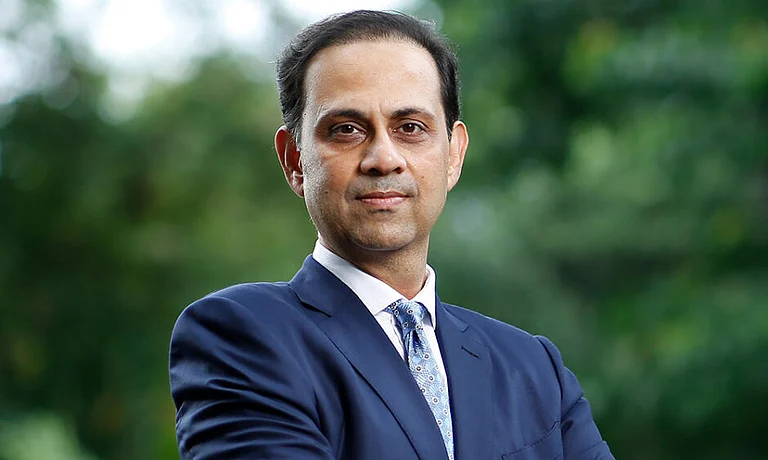After a string of regulatory setbacks and weak earnings, Paytm may finally be finding more stable ground. The digital payments operator swung back into the black for the June quarter, drawing a fresh round of optimism from brokerages.
One97 Communications, the parent company, reported a net profit of ₹123 crore in the June quarter, its first operationally-led profit since going public. Unlike past quarters, the gains weren’t driven by one-off asset sales, but by tighter control over employee and marketing expenses, along with a stronger showing in the lending business.
Ebitda turned positive at ₹72 crore, while revenue rose 28% year-on-year to ₹1,918 crore. Contribution margins improved to 60%, up from 50% a year earlier. Total expenses fell 19% over the same period.
Buoyed by the turnaround, several brokerages also warmed up to Paytm. Jefferies upgraded Paytm to “buy” from “hold” and raised its price target to ₹1,250 from ₹900. It cited improved operating margins, growth in monthly transacting users, and higher gross merchandise value as key positives. While it expects some moderation in margins ahead, it views the company’s cost structure as more sustainable.
Citi followed suit, maintaining its “buy” rating and raising its target price to ₹1,215. The brokerage pointed to better cost efficiency and higher-than-expected gains from non-distribution-led businesses. It also flagged continued strength in the merchant segment, though it flagged that the consumer side remains weak, albeit with early signs of recovery.
Bernstein called the quarter a meaningful milestone for Paytm, and maintained its “outperform” rating with a target of ₹1,100. It expects the business to remain profitable in the near term, although it feels sustainability will depend on revenue momentum in the coming quarters.
Still, not everyone is convinced. UBS held on to its “neutral” view, pointing out that payment volumes and market share stayed largely flat. Macquarie maintained its “underperform” rating with a target price of ₹760, citing soft personal loan disbursements and persistent weakness in the consumer business.
Even with the return to profit, regulatory overhangs remain. The Reserve Bank of India’s earlier move to bar Paytm Payments Bank from accepting new deposits continues to weigh on its core payments operations.
That said, the company ended the quarter with a cash balance of ₹12,872 crore, up ₹4,764 crore from a year earlier, supported largely by the sale of its entertainment ticketing business and its stake in PayPay.
All in, the June quarter signals a step toward operational stability for a company that has often been in the spotlight for the wrong reasons.
































